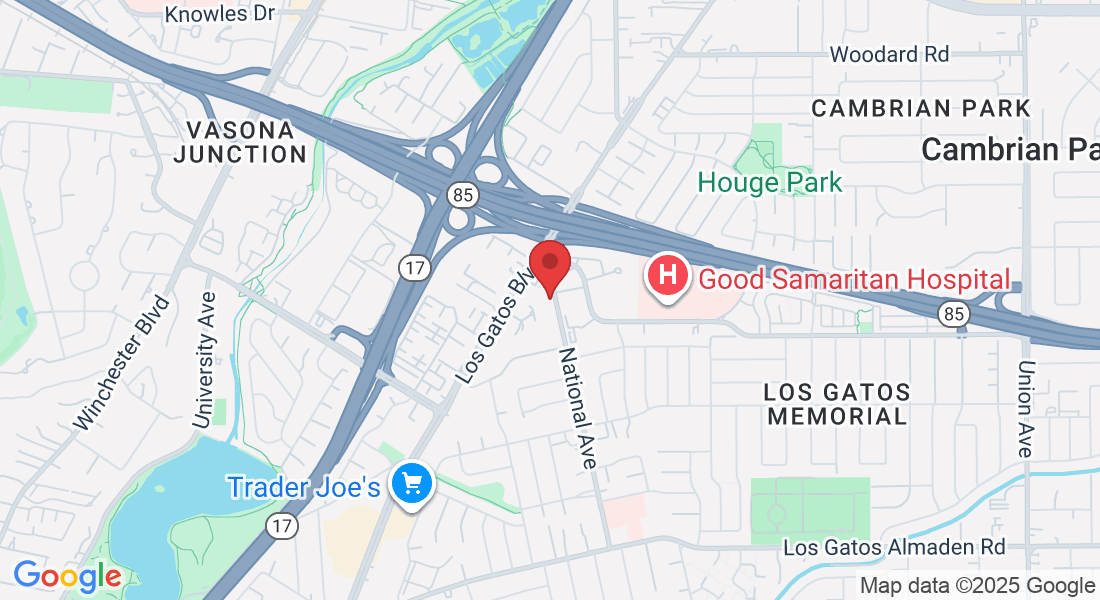Frequently Asked Questions
What is minimally invasive colectomy?
Minimally invasive colectomy is a surgical procedure used to remove part of the colon (large intestine) for conditions such as colon cancer or diverticulitis. It is performed using small incisions and specialized instruments, allowing for a quicker recovery and less post-operative pain compared to traditional open surgery.
What are the benefits of minimally invasive colectomy?
Minimally invasive colectomy offers several benefits, including smaller incisions, reduced post-operative pain, shorter hospital stays, faster recovery, and improved cosmetic outcomes compared to open surgery. Additionally, minimally invasive techniques may result in a quicker return to normal activities.
What is intracorporeal anastomosis?
Intracorporeal anastomosis is a technique used during minimally invasive colectomy where the two ends of the remaining colon are connected inside the abdominal cavity, rather than bringing them out through a separate incision (extracorporeal anastomosis). This approach can further minimize trauma to the abdominal wall and reduce the risk of surgical site infections.
What are the benefits of intracorporeal anastomosis?
Intracorporeal anastomosis may result in less post-operative pain, reduced risk of incisional hernias, and improved cosmetic outcomes compared to extracorporeal anastomosis. It also allows for a more precise alignment of the bowel ends, potentially reducing the risk of leaks or strictures at the surgical site. Recent studies have shown that an intracorporeal anastomosis reduces hospital length of stay, and removing the portion of the colon below the beltline reduces the risk of hernia*.
What is natural orifice specimen extraction (NOSE)?
Natural orifice specimen extraction (NOSE) is a technique used during minimally invasive colectomy where the diseased portion of the colon is removed through a natural body orifice, such as the rectum, rather than through an external incision. This approach eliminates the need for a visible abdominal scar and may further reduce post-operative pain and recovery time.
What are the benefits of natural orifice specimen extraction (NOSE)?
Natural orifice specimen extraction (NOSE) offers several potential benefits, including improved cosmesis, reduced post-operative pain, and faster recovery compared to traditional methods of specimen extraction. It may also reduce the risk of wound complications and infections associated with external incisions*.
Is minimally invasive colectomy suitable for all patients with colon cancer or diverticulitis?
Minimally invasive colectomy is generally suitable for most patients with colon cancer or diverticulitis, depending on factors such as the location and extent of the disease, as well as the patient's overall health and medical history. Your surgeon will evaluate your individual case and determine the most appropriate treatment approach for you.
What are the benefits of having my surgery with NorCal Surgery?
With shorter length of stay, less postoperative pain, faster recovery, and lower risk of incisional hernia, the use of NOSE and intracorporeal anastomosis are revolutionizing colorectal surgery. What once seemed like a larger surgery with a long post operative course is now a quick inpatient stay and a discharge within one to two days. Other surgeons performing outdated techniques (even minimally invasive ones) will have a higher likelihood of longer hospital stay and more chronic problems after the surgery. Schedule an appointment with us today to learn more!

